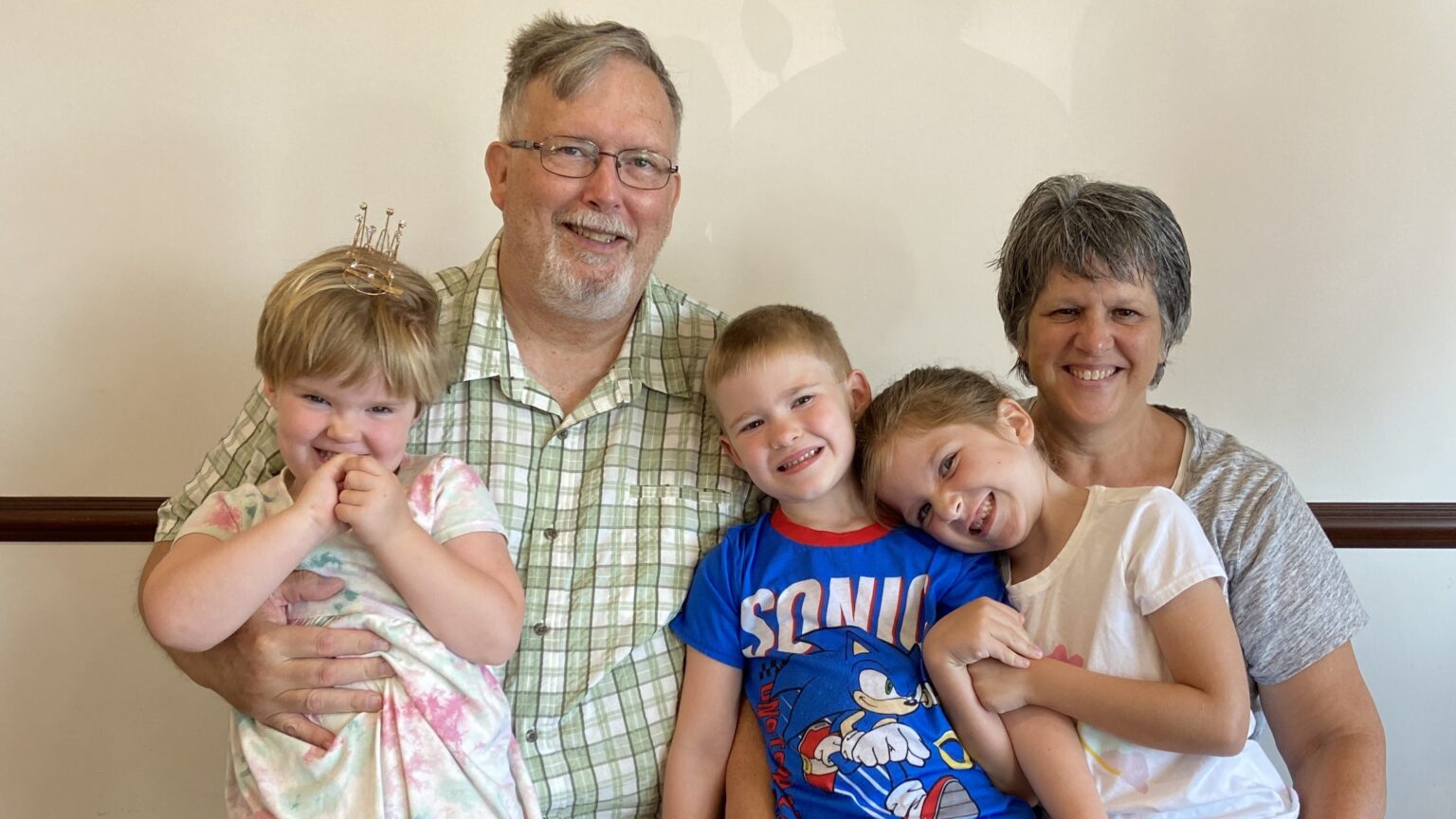
‘There’s so much that can be done or can happen even if you don’t speak any Hungarian. If you’re the person in your family who cares about your Hungarian heritage but you don’t share what you know, who is going to? It’s up to you to do it.’
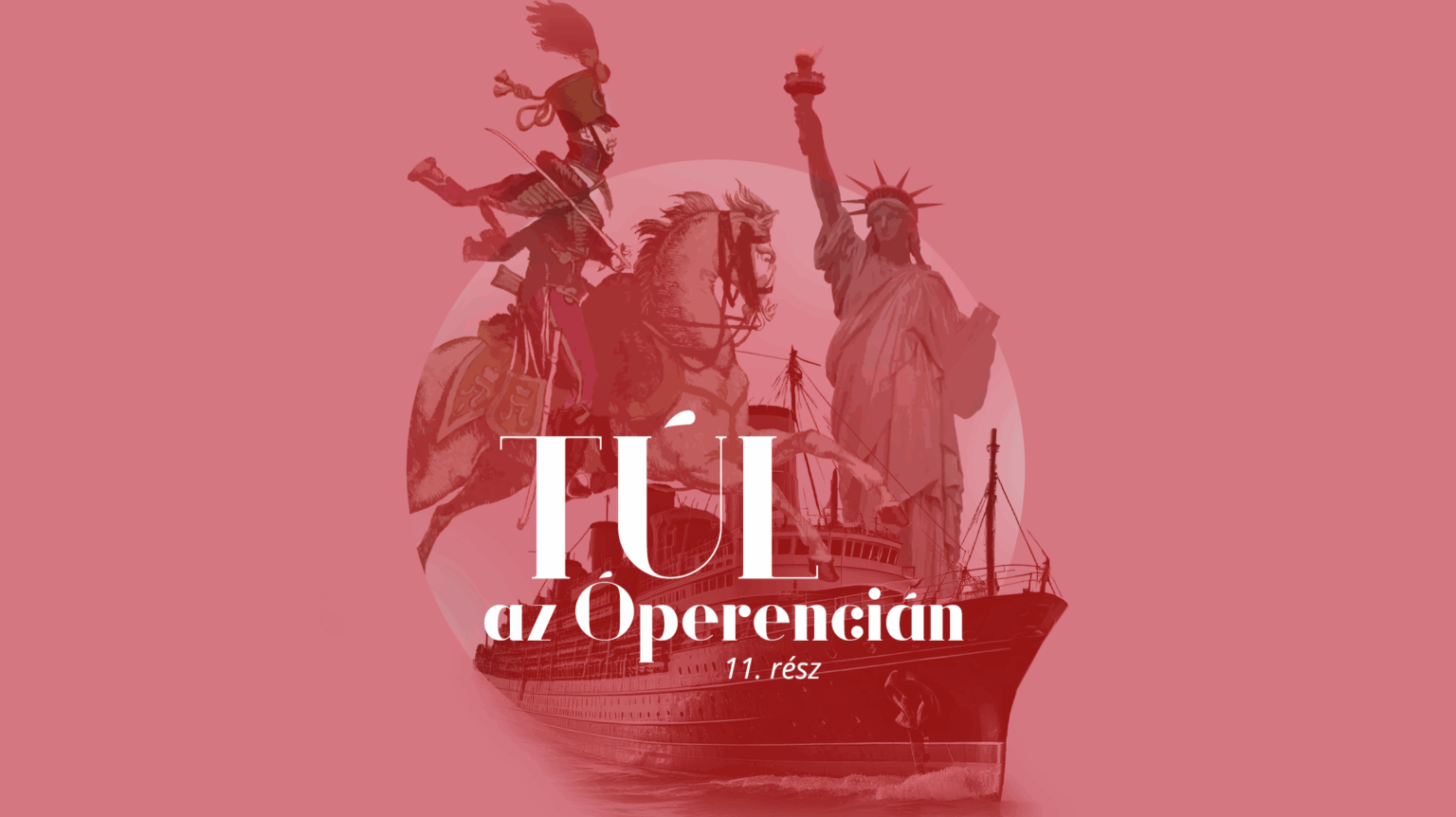
In its ‘Beyond the Óperencia’ series, Magyar Krónika is looking at the meeting points of America and Hungary, and at Hungarians in America, from penniless peasants to political emigrants and soldiers of fortune. This part will look at the life of Joseph Pulitzer, who originally left for Mexico to become a soldier but ended up staying in America and becoming a journalist.
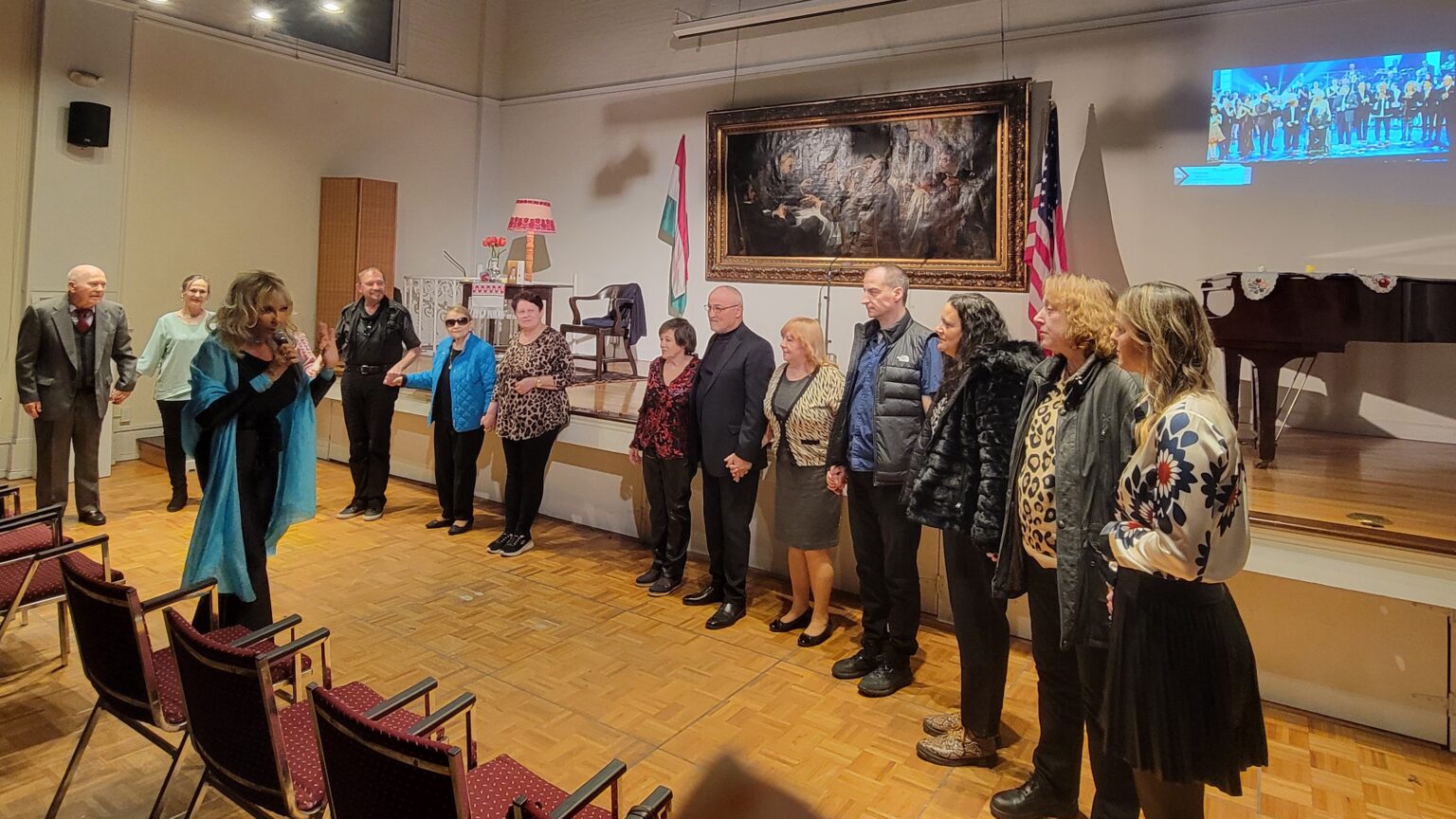
‘It’s a place that can be filled with life and possibility. I’d like the Hungarian House to welcome even those who may have visited before, but didn’t feel it was for them. I don’t just want to celebrate Hungarian heritage in America; I want to somewhat shape its present and future.’
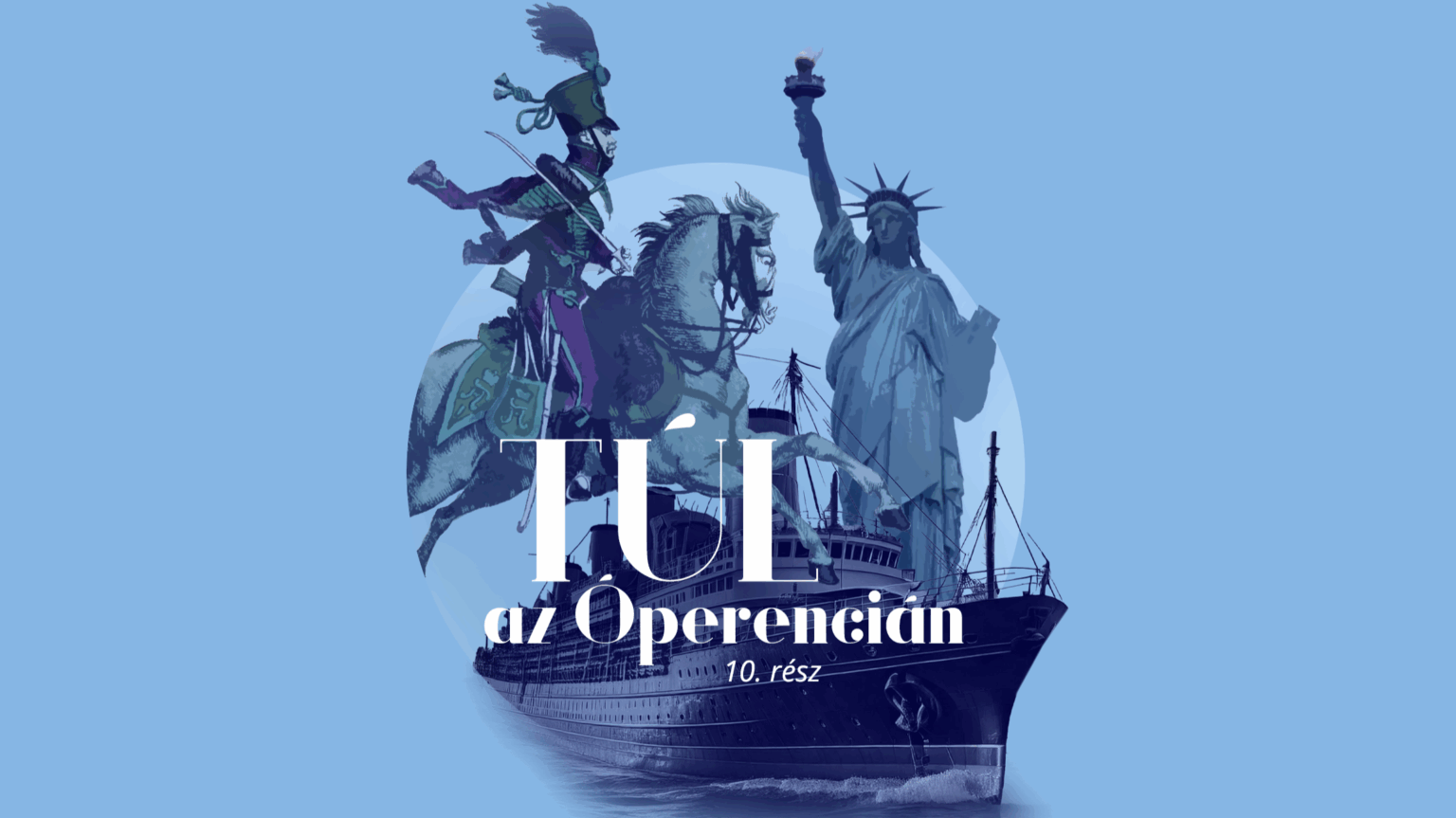
In its ‘Beyond the Óperencia’ series, Magyar Krónika is looking at the meeting points of America and Hungary, and at Hungarians in America, from penniless peasants to political emigrants and soldiers of fortune. This part will explore how Americans perceived the arrival of Eastern and Central European immigrants as a chaotic phenomenon.
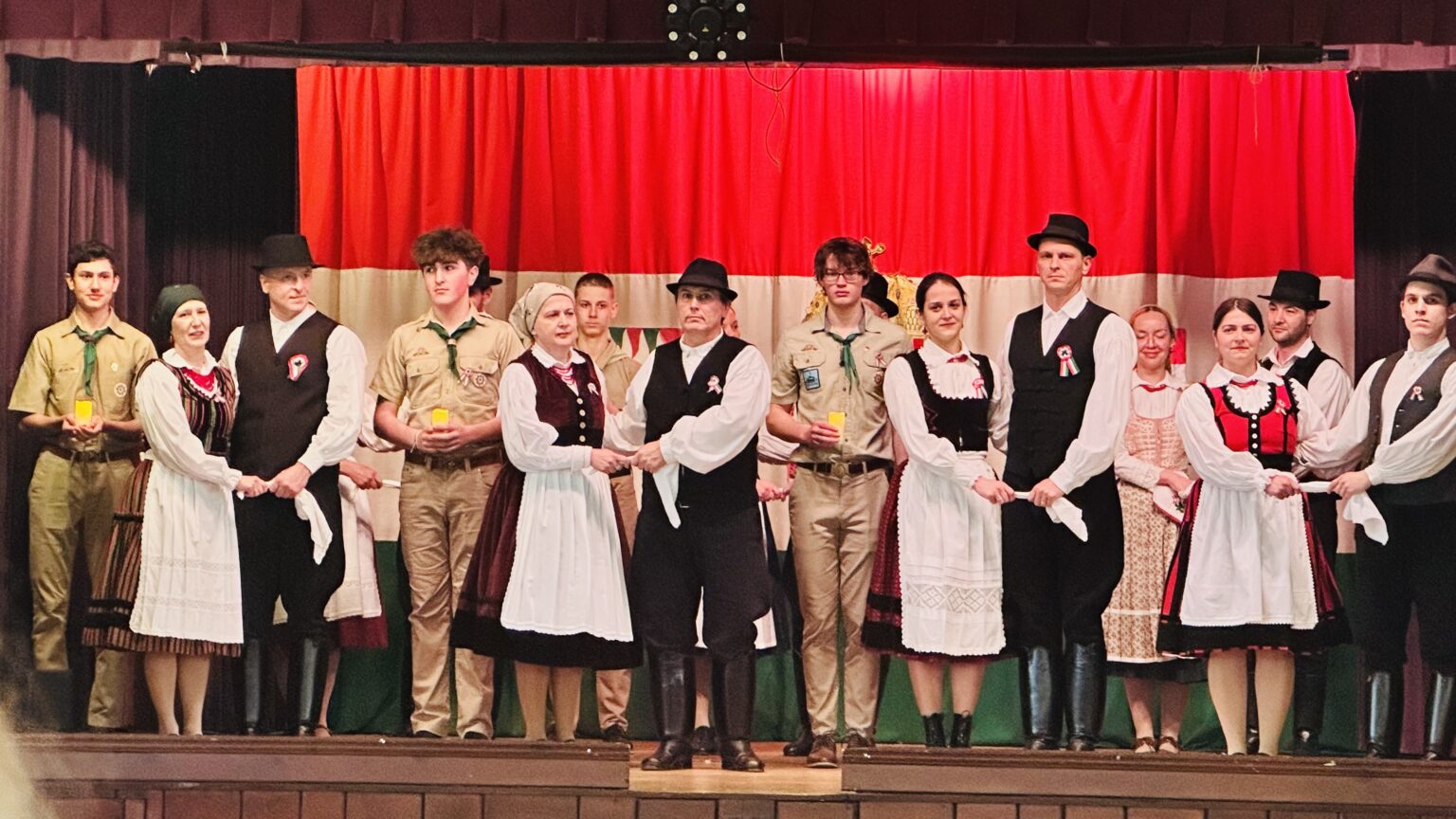
‘I started teaching the children ever since more of us from Wisconsin started attending the Csipke Camps…I try to put together a small performance for every major holiday, and in doing so, I help them learn more about Hungarian traditions. We meet weekly…but we gather beyond the rehearsals, to spend time together—we sing too, and try to preserve our Hungarian identity also in this way.’
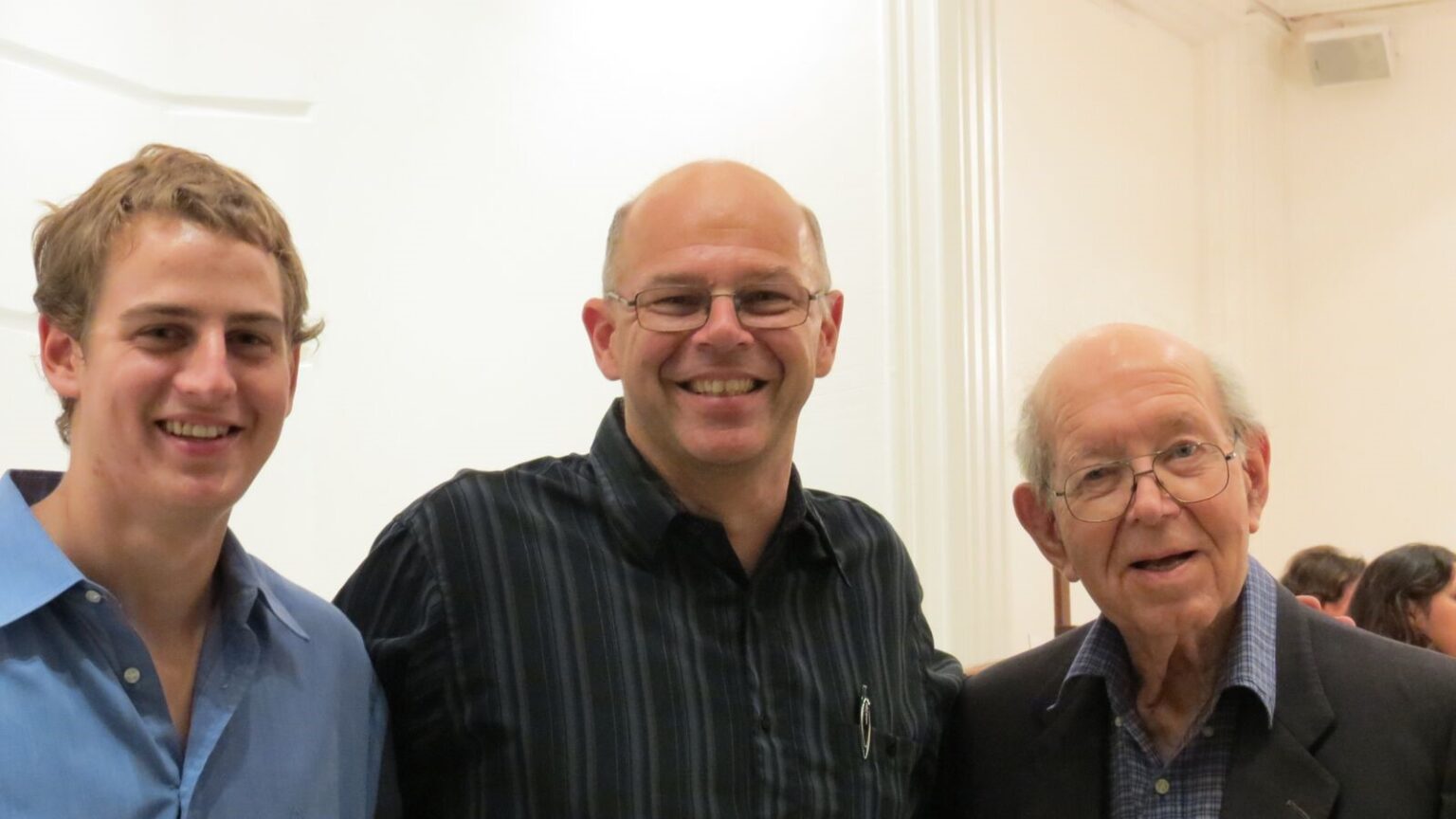
‘When people asked me whether I’m Hungarian or Argentine, I used to say: “I’m 50 per cent Hungarian and 50 per cent Argentine”—until I heard someone saying they were 100 per cent of both. Since then, that’s what I do, too.’
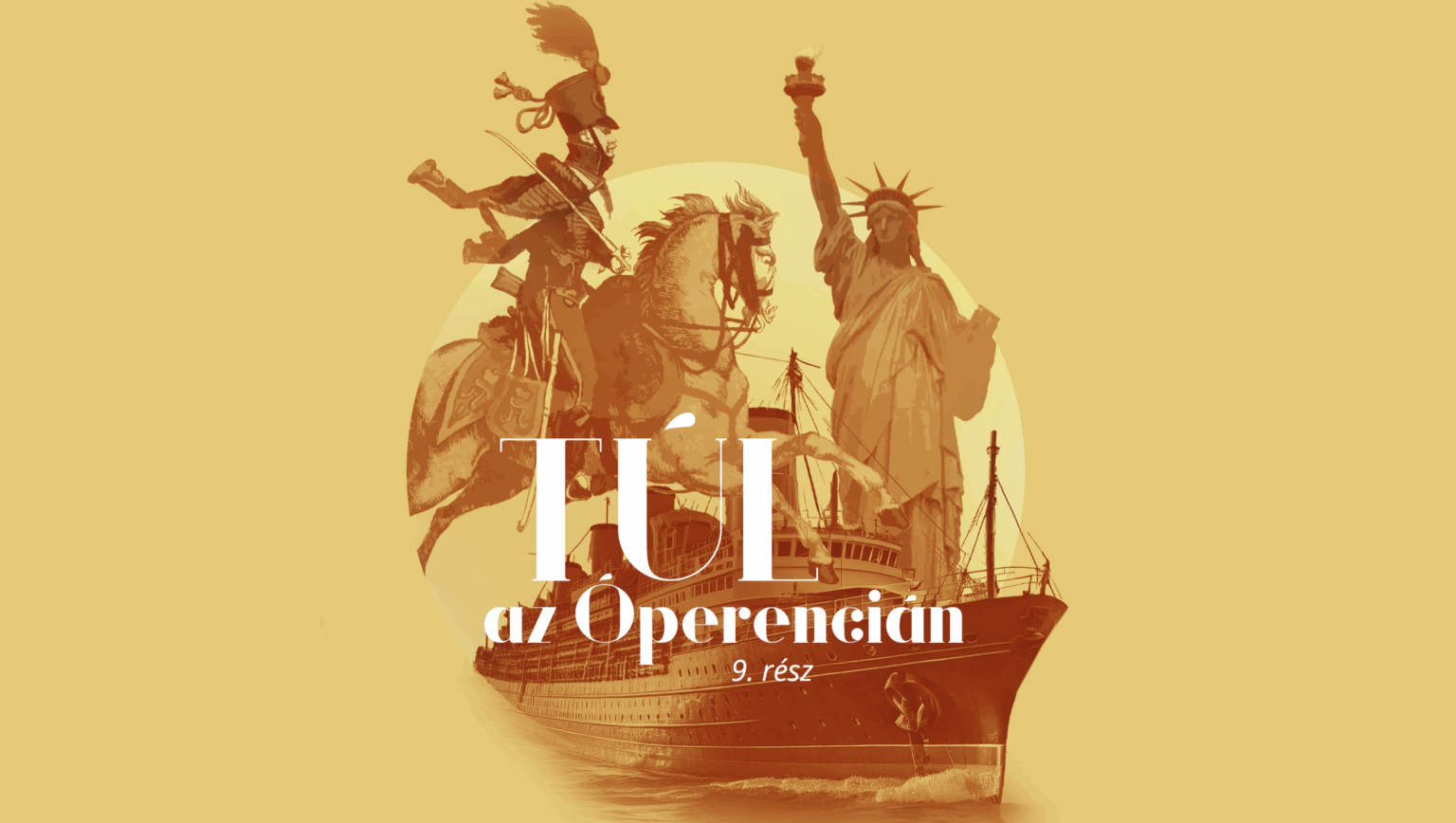
In its ‘Beyond the Óperencia’ series, Magyar Krónika is looking at the meeting points of America and Hungary, and at Hungarians in America, from penniless peasants to political emigrants and soldiers of fortune. In this part, let’s look at the adventurous life of Sándor Asbóth, a Hungarian emigrant, who came to a tragic end.
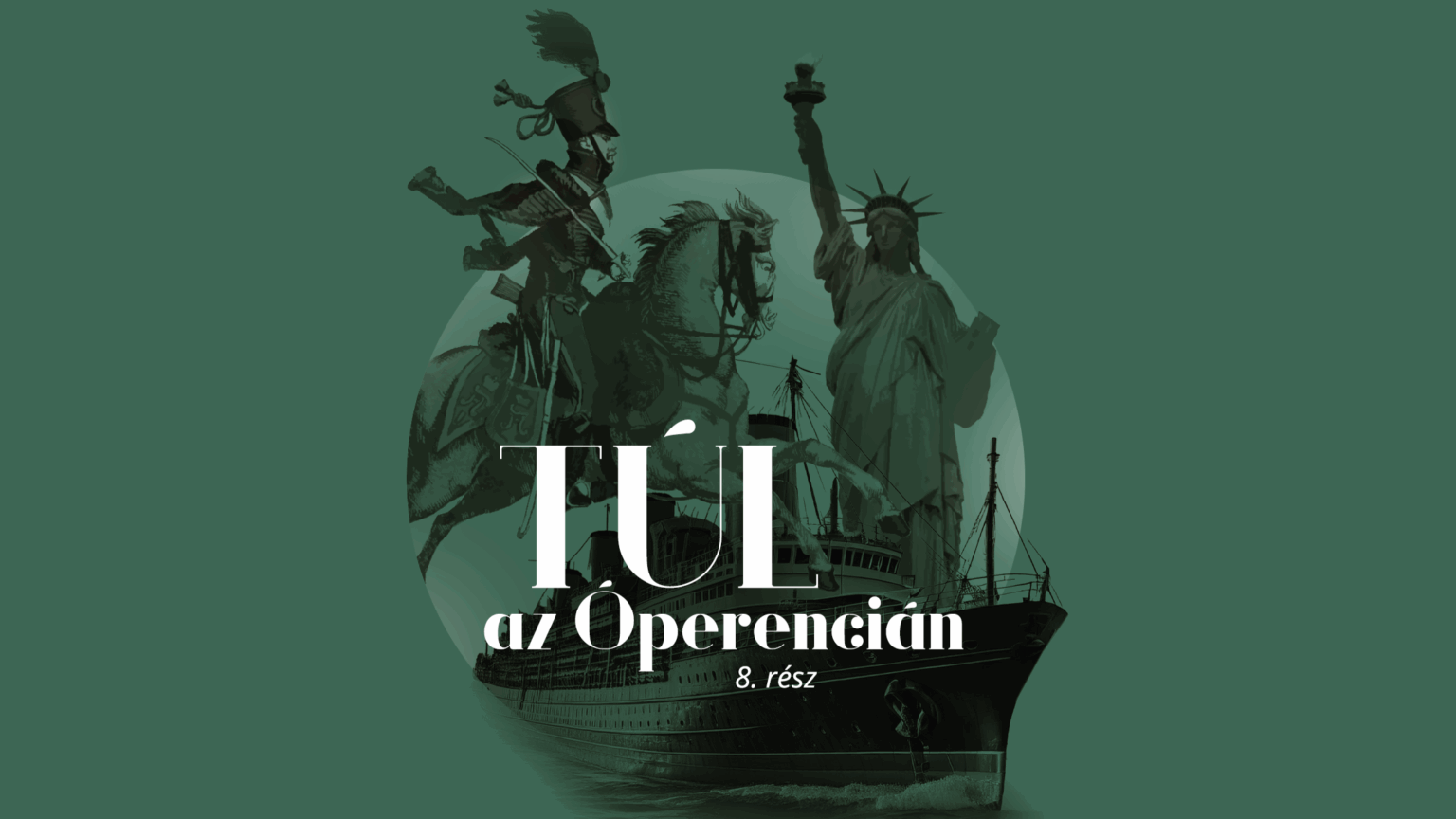
In its ‘Beyond the Óperencia’ series, Magyar Krónika is looking at the meeting points of America and Hungary, and at Hungarians in America, from penniless peasants to political emigrants and soldiers of fortune. This part will be about Lázár Mészáros, former Hungarian Minister of War, who tried to make a living as a farmer growing melons in America.
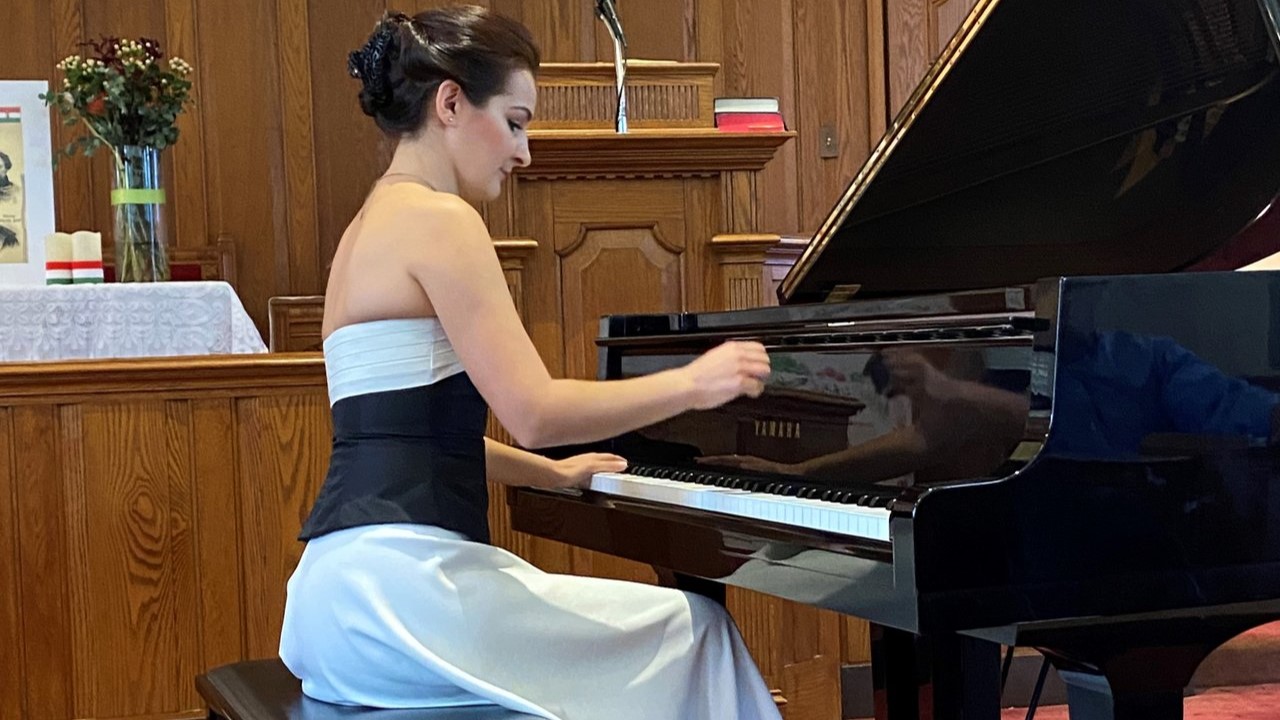
‘I also have non-Hungarian students who get to know the Kodály method and Hungarian folk songs. For example, I have an American girl born in Nigeria who recently sang in Hungarian, receiving an enthusiastic reception from the Hungarian community. This way, even Americans learn a great deal about Hungarian culture…’
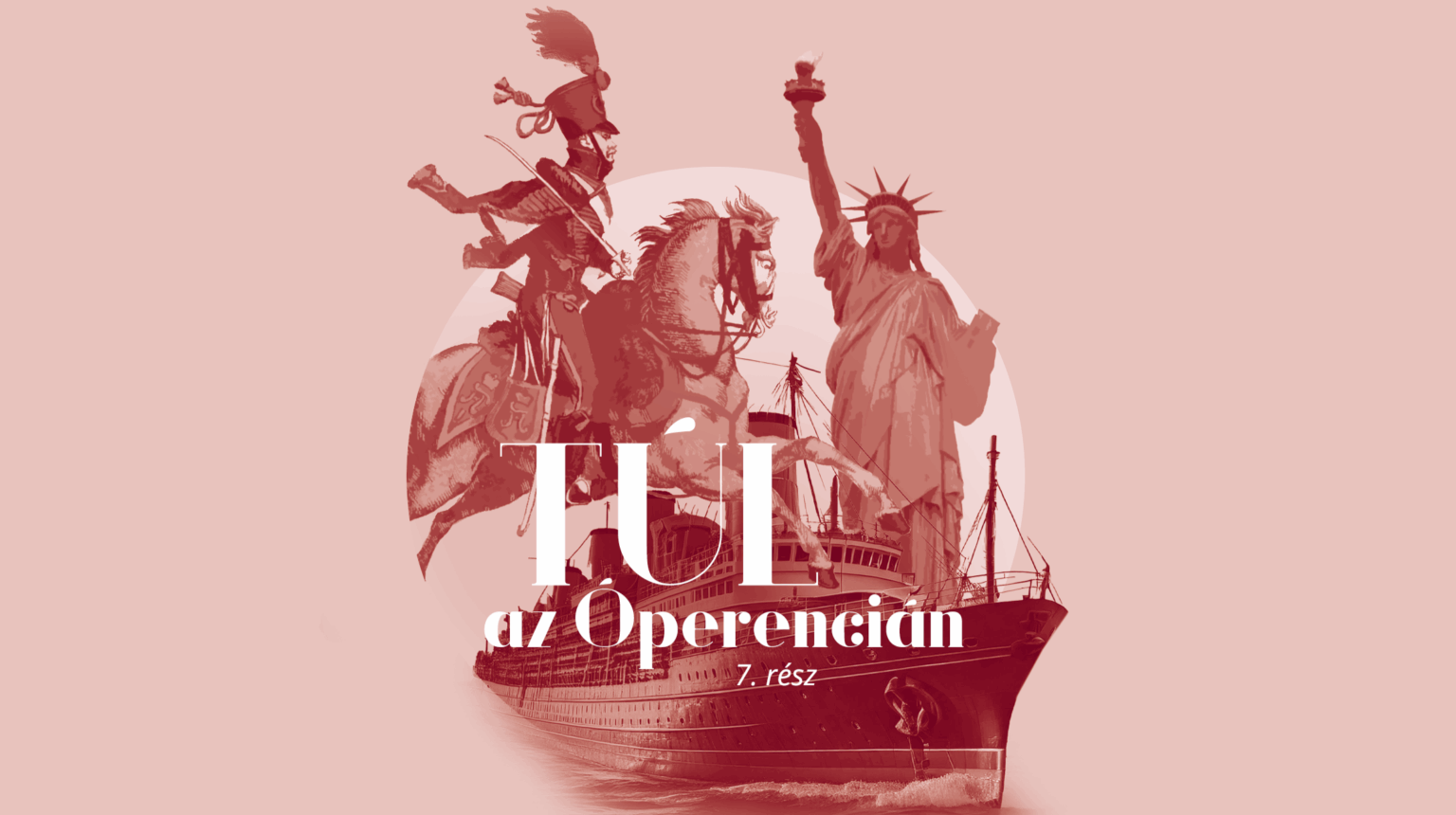
In its ‘Beyond the Óperencia’ series, Magyar Krónika is looking at the meeting points of America and Hungary, and at Hungarians in America, from penniless peasants to political emigrants and soldiers of fortune. In this part, let us explore the story of a 1848 émigré, László Újházy, who established a settlement with his family and other Hungarian refugees.
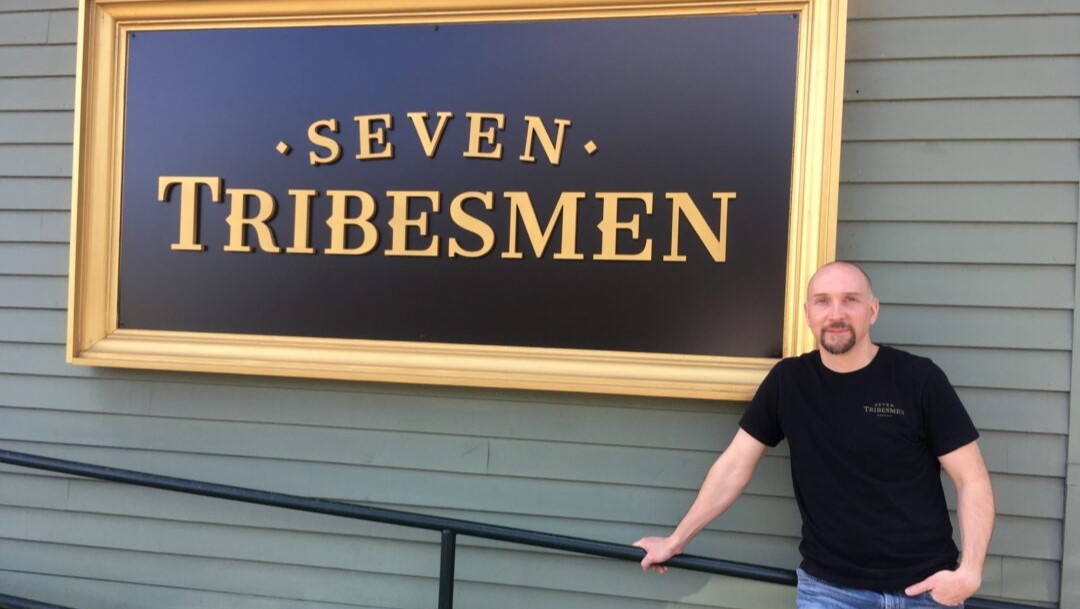
‘The craft beer industry is incredibly unique. There’s a level of camaraderie and openness between brewers that you don’t see in many other industries. We respect each other; we are aware that our strength lies in unity—with big brands dominating, that’s the only way we can compete.’

‘Though I am “only” its creative editor, in terms of my enthusiasm, dedication, and effort, I feel like I was a co-author, too. I warmly recommend this book to anyone interested in the Hungarian diaspora in North America and/or in small business economics, regardless of their location, age, or profession.’
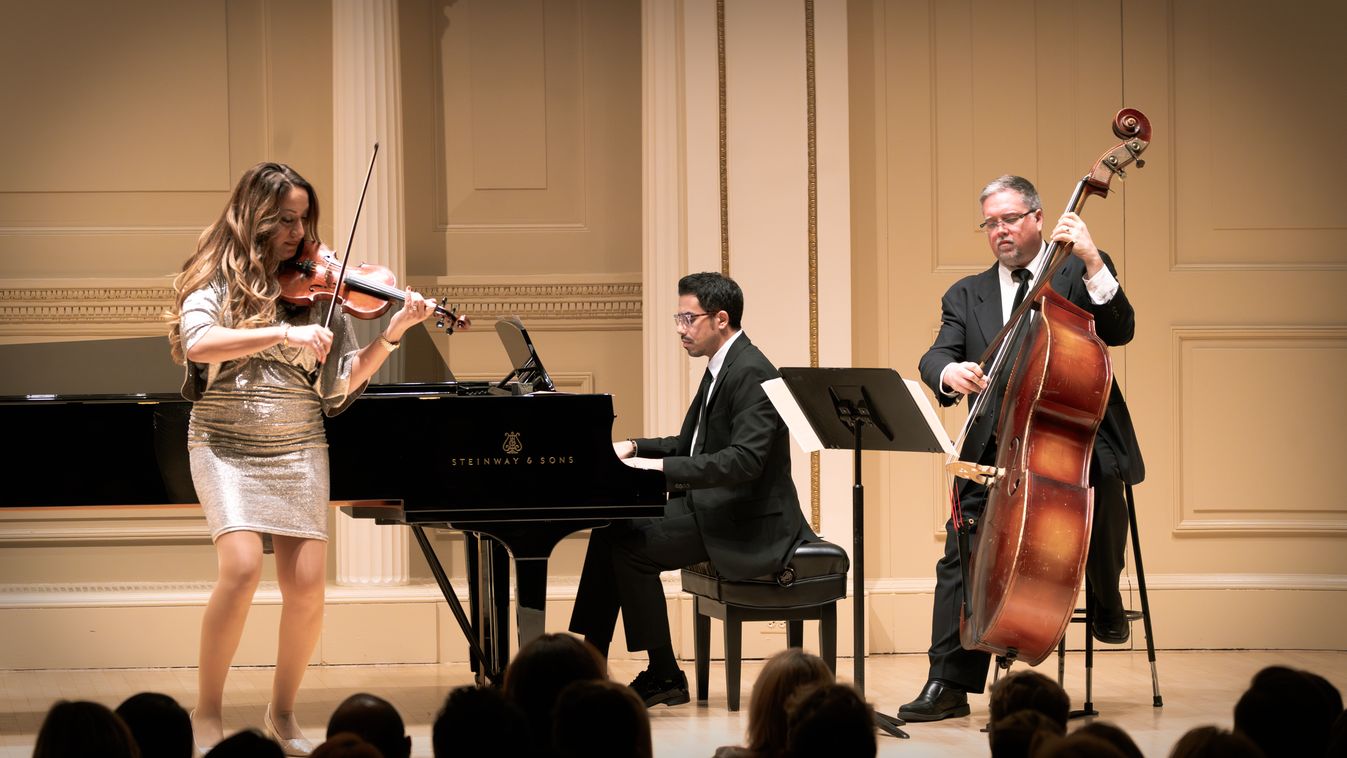
‘I realized that I could actually explain to children that the violin can be used to play anything. I started talking to them about where they had traveled, and I told them that for me, the violin is my passport because it has taken me to 90 countries. I also explained to them that classical music is the foundation—it gives you the technique that allows you to play anything.’
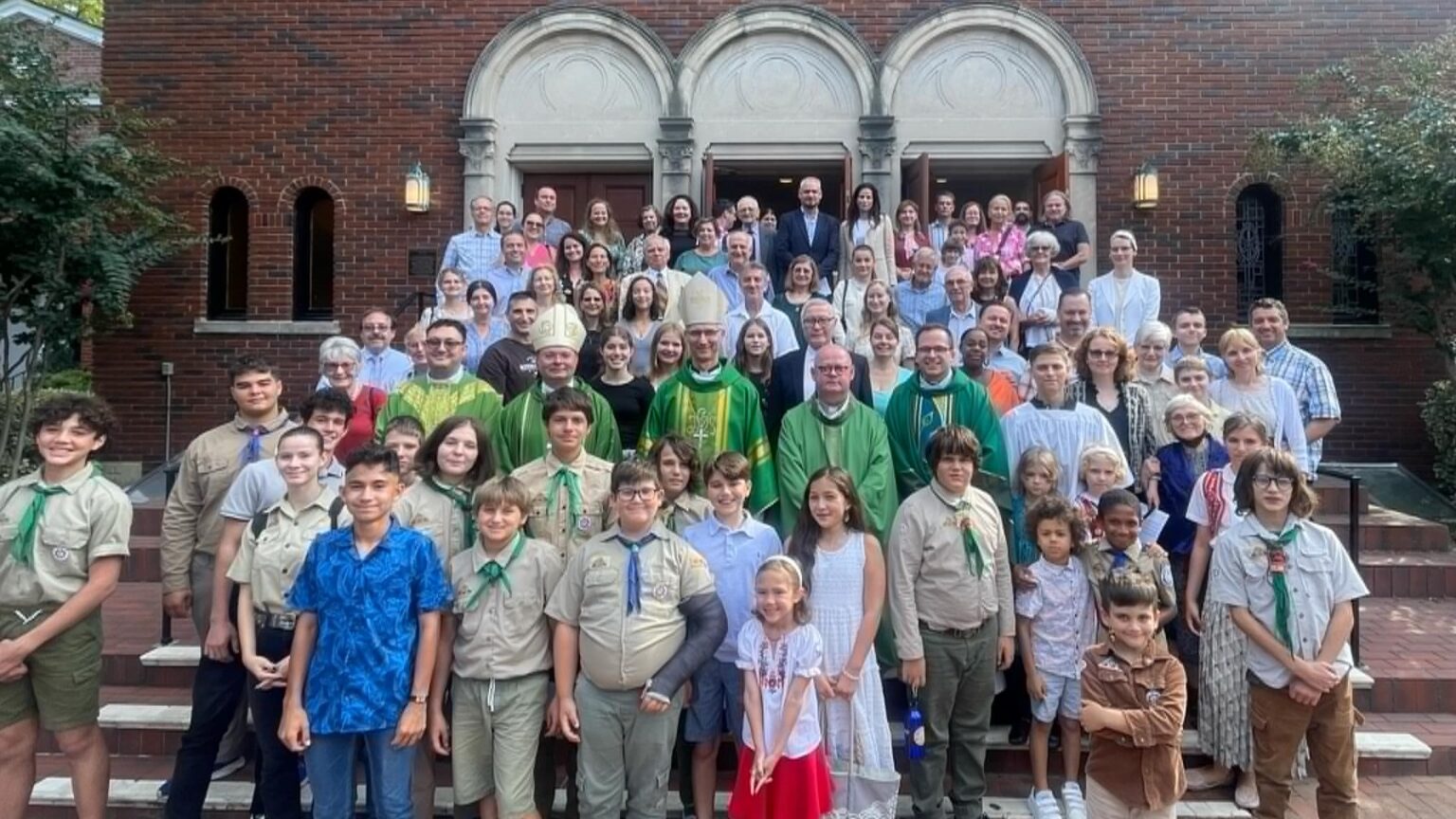
‘We felt the Holy Spirit was hearing our prayers, and it seemed to be watching over us ever since. The restart was not without obstacles. The new German pastor simply disliked Hungarians and no longer allowed us to use his church for Hungarian Masses. Within a month, however…we secured a larger chapel in the lower church of the Basilica of the National Shrine of the Immaculate Conception.’
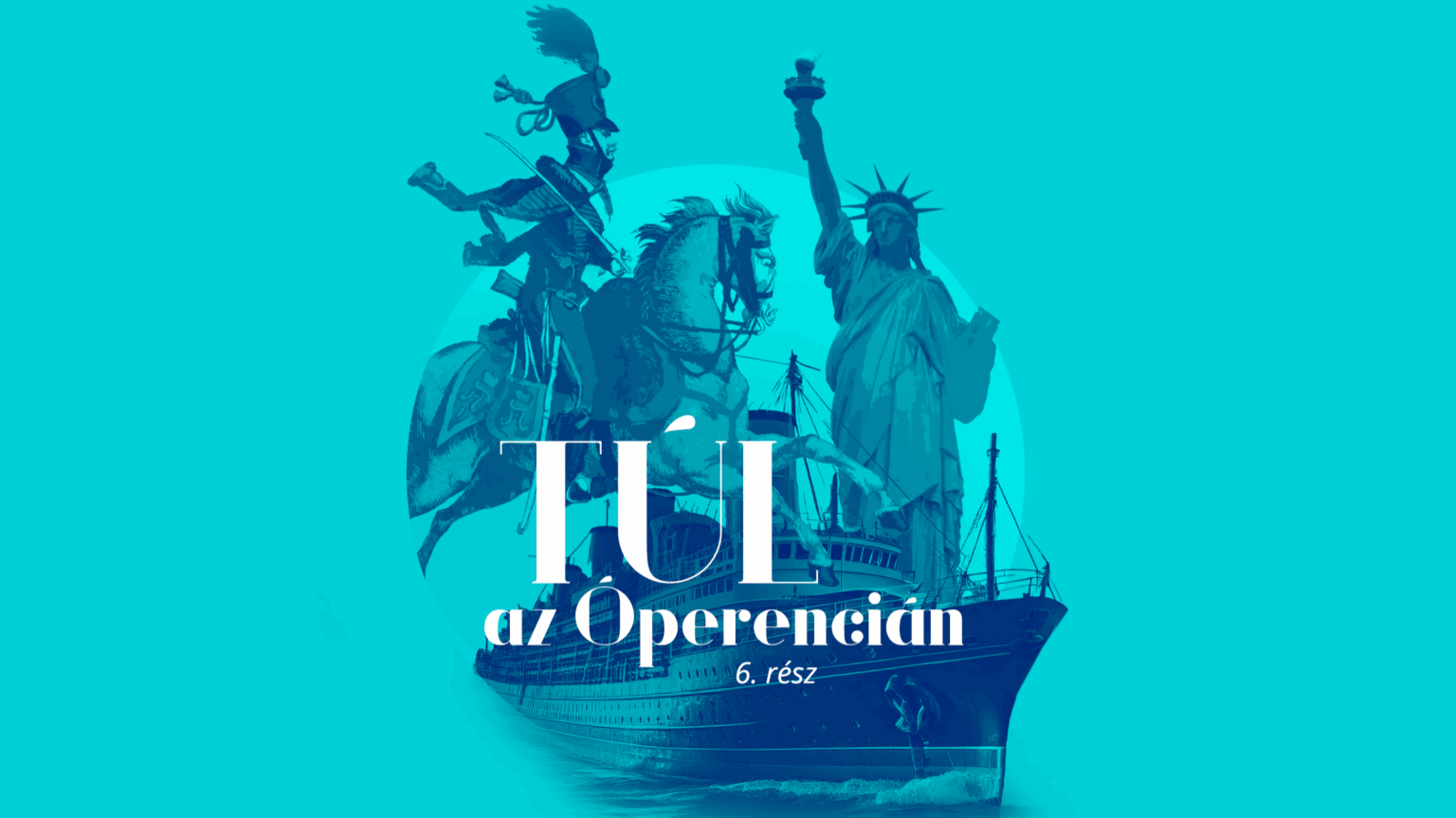
In its ‘Beyond the Óperencia’ series, Magyar Krónika is looking at the meeting points of America and Hungary, and at Hungarians in America…In this part, let us continue the adventurous story of Béla Estván, a swindler who pretended to be Hungarian in the US and whose life, built on lies, finally collapsed in Vienna after blackmailing Franz Joseph I.
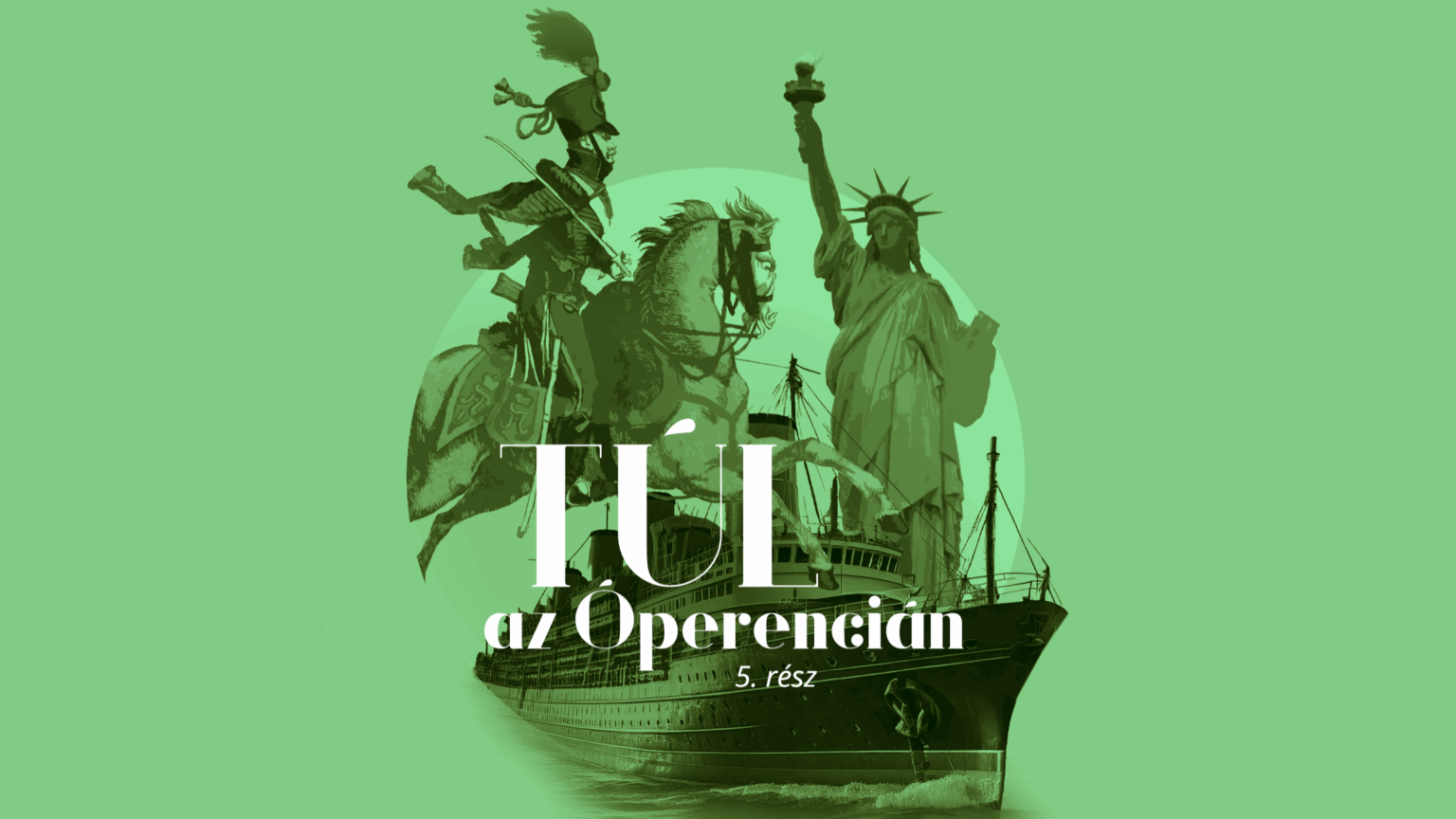
In its ‘Beyond the Óperencia’ series, Magyar Krónika is looking at the meeting points of America and Hungary, and at Hungarians in America, from penniless peasants to political emigrants and soldiers of fortune. In this part, let us look at Béla Estván, who emigrated to the United States in the 1850s. The man of Austrian descent pretended to be Hungarian in order to make it easier for himself to succeed in his new homeland.

‘In 2020, I had plans for the entire summer with the KMCSSZ: I was going to assist at four different Diaspora School Camps and the Jubilee (Jubi) grand scout camp, but all of these were canceled due to the pandemic, so I returned home, but I was craving to return and finish what the COVID-19 had interrupted.’
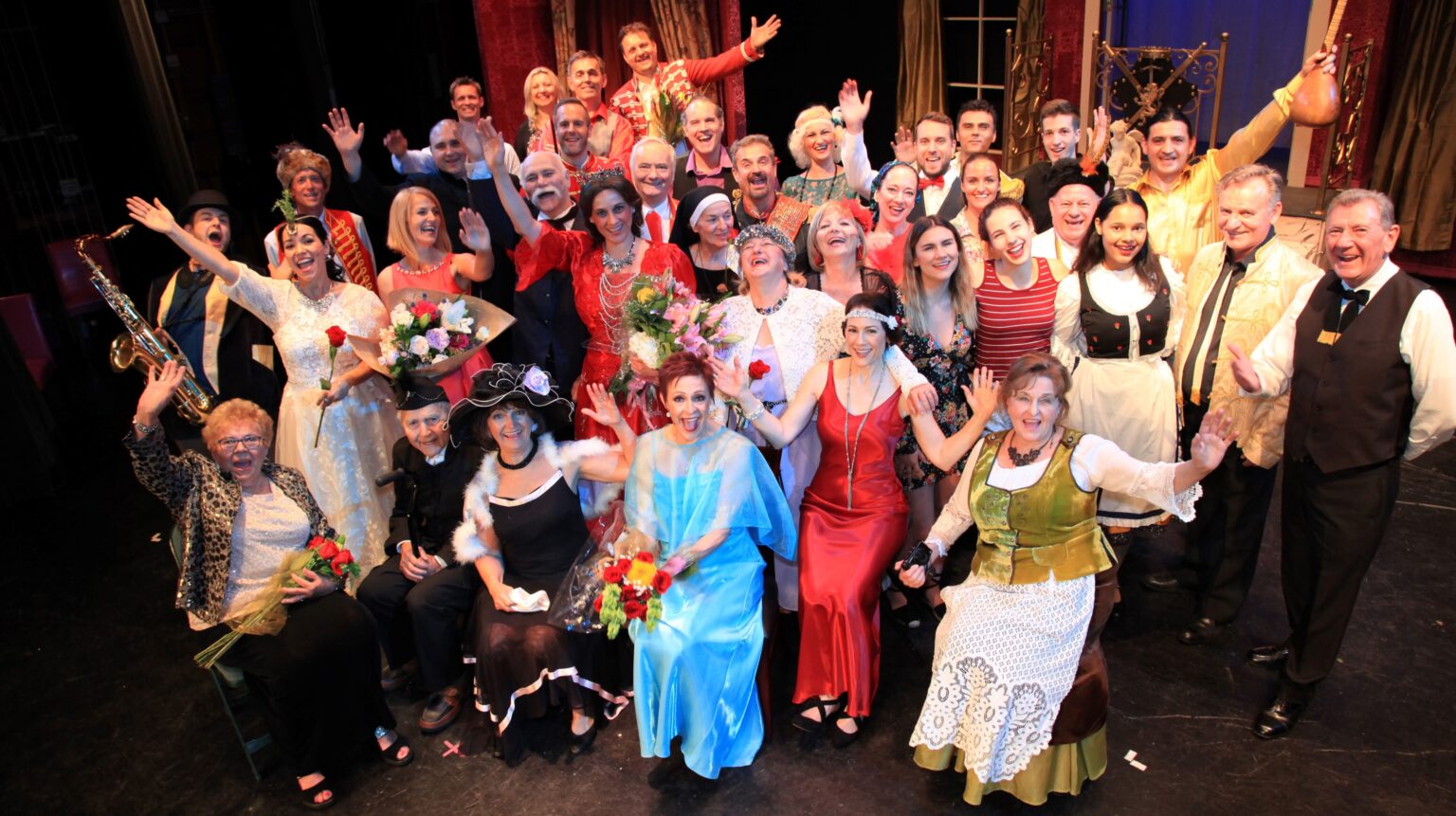
‘Sometimes I had to ask my uncle…to give me food, or knock on the neighbor’s door for dinner…Meanwhile, during the summers, I experienced in America that life is predictable there: if someone was willing to work, they could be independent and achieve anything they wanted. That’s what ultimately led me to the conclusion that I should return to the U.S. and get my PhD there.’
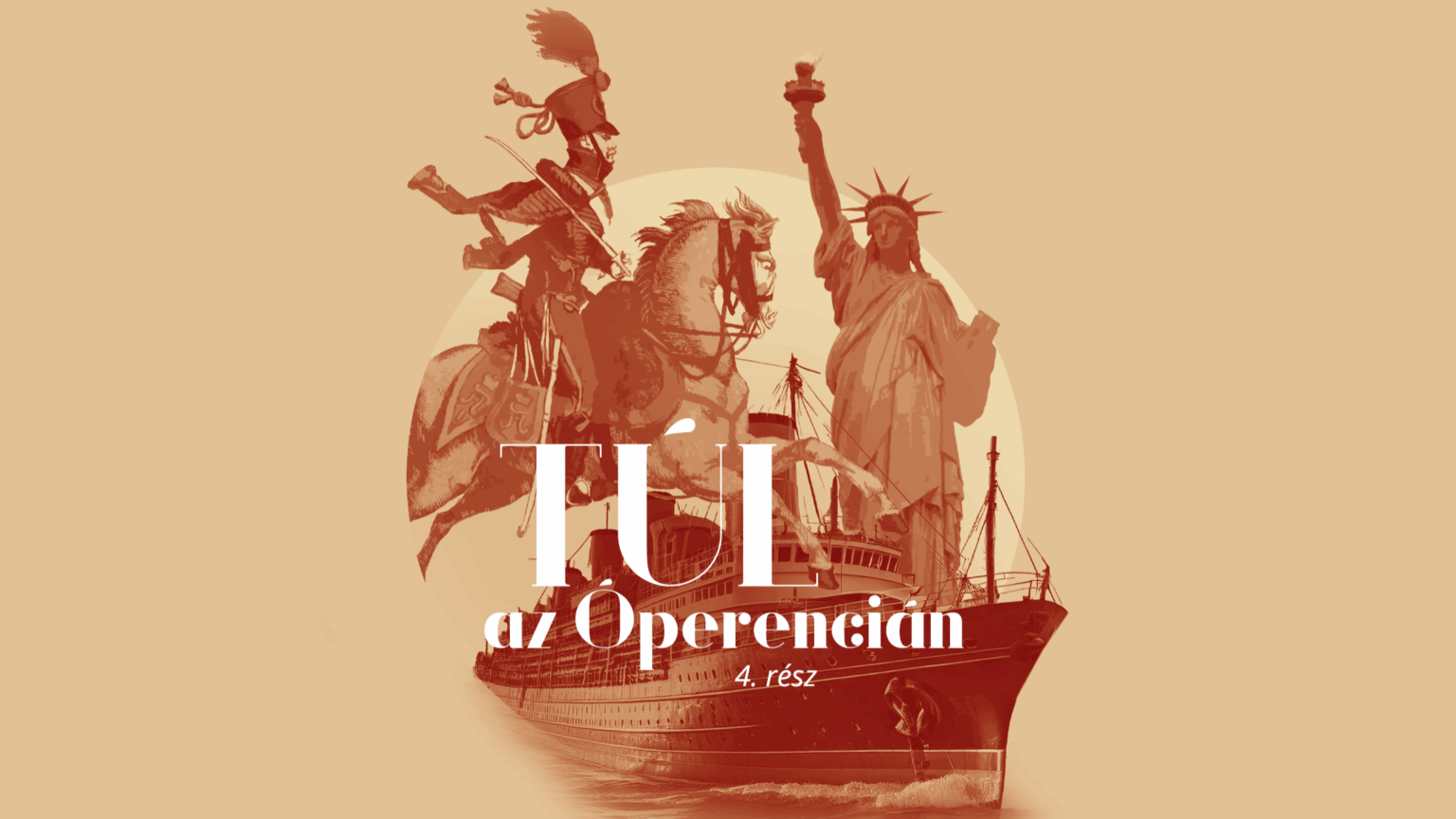
In its ‘Beyond the Óperencia’ series, Magyar Krónika is looking at the meeting points of America and Hungary, and at Hungarians in America, from penniless peasants to political emigrants and soldiers of fortune. In this part, let us explore the Kossuth emigration that made such a deep impression on American society that the ‘Hungarian cult’ was still thriving in the United States even more than ten years after the Hungarian governor-president’s tour.

‘Building a community under these circumstances is difficult, Winer admitted…He stressed that explaining the importance of community to young people is crucial. Many question what the church offers them and why it is important for their children to know Petőfi (one of the most famous Hungarian poets), as they will still be able to work without this knowledge.’
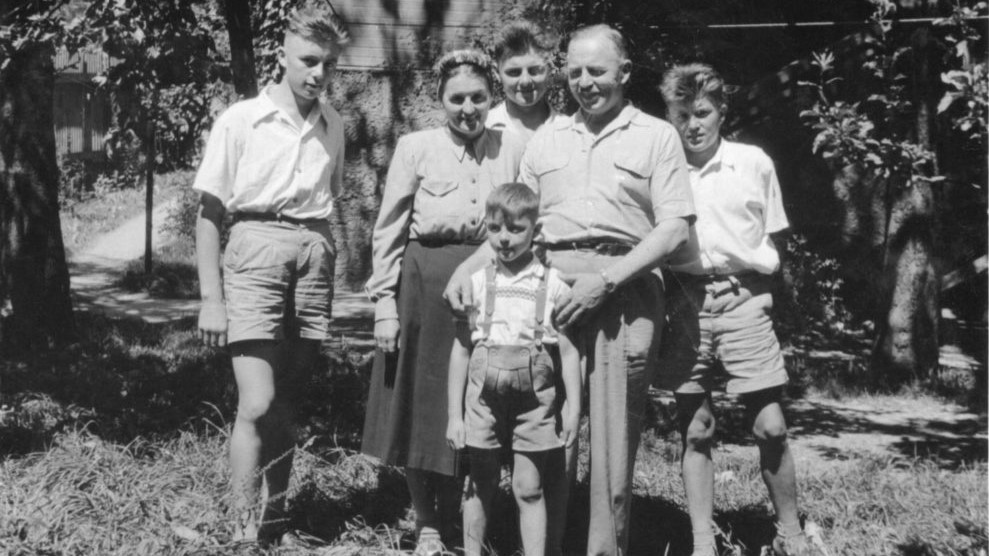
‘It all started when I noticed that the church was emptying, that parents weren’t bringing their children who were the same age as mine. As I mentioned, my faith is deeply emotional. Christmas has always meant a lot to me—it offers a spiritual experience and creates a warm family atmosphere. So, I thought maybe I could awaken that same feeling in young people and bring them back to church.’
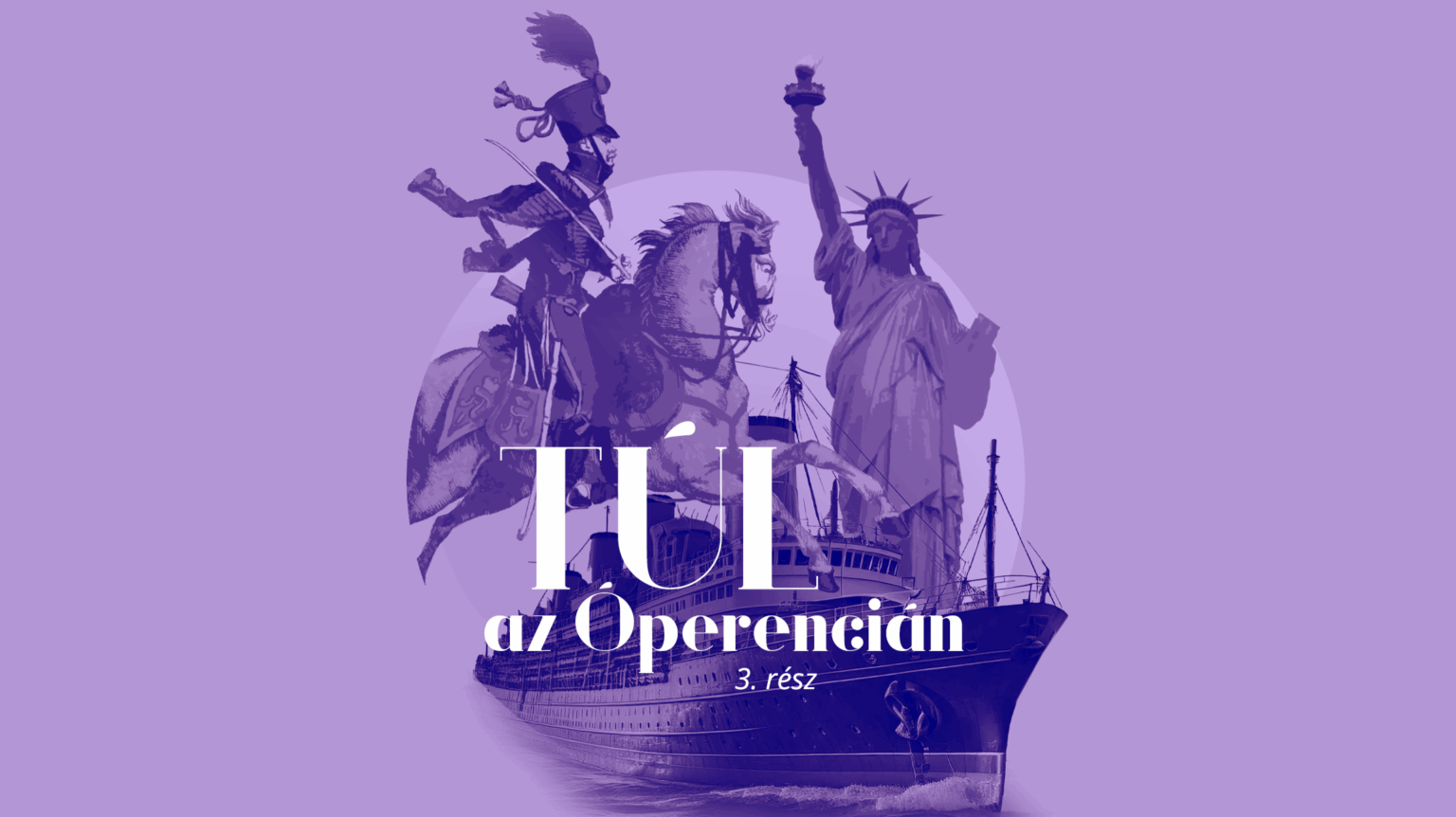
In its ‘Beyond the Óperencia’ series, Magyar Krónika will be looking at the meeting points of America and Hungary, and at Hungarians in America, from penniless peasants to political emigrants and soldiers of fortune. In this part, we will take a look at Sándor Bölöni Farkas’ life and travelogue, Journey to North America, which was the first to introduce the New World to the Hungarian public.
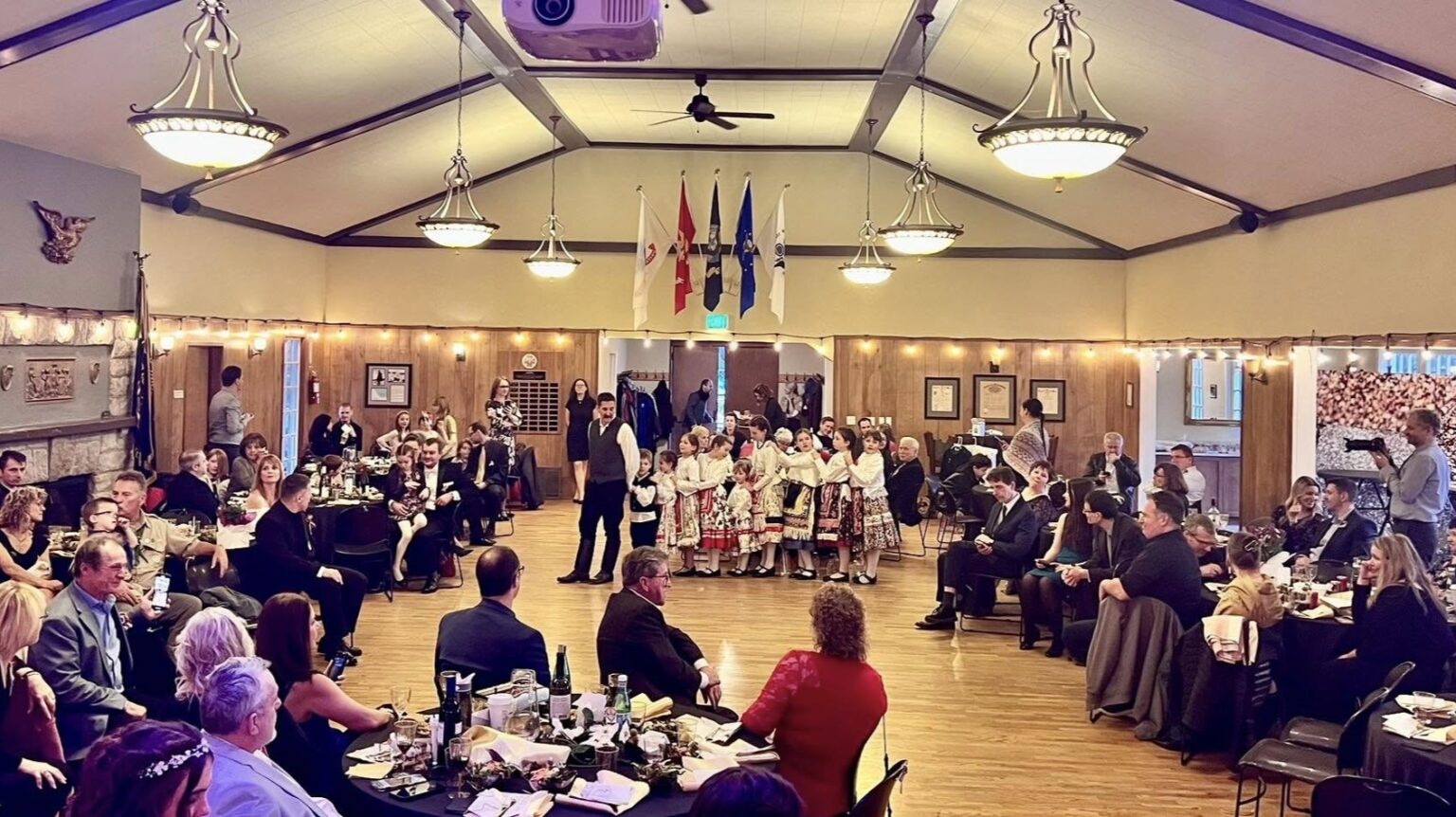
‘I love being part of a community, I value community-building activities, and I treasure being able to connect with people who have entirely different life stories and perspectives—this expands my own outlook, which I find extremely valuable. I volunteer so that others can experience the same.’
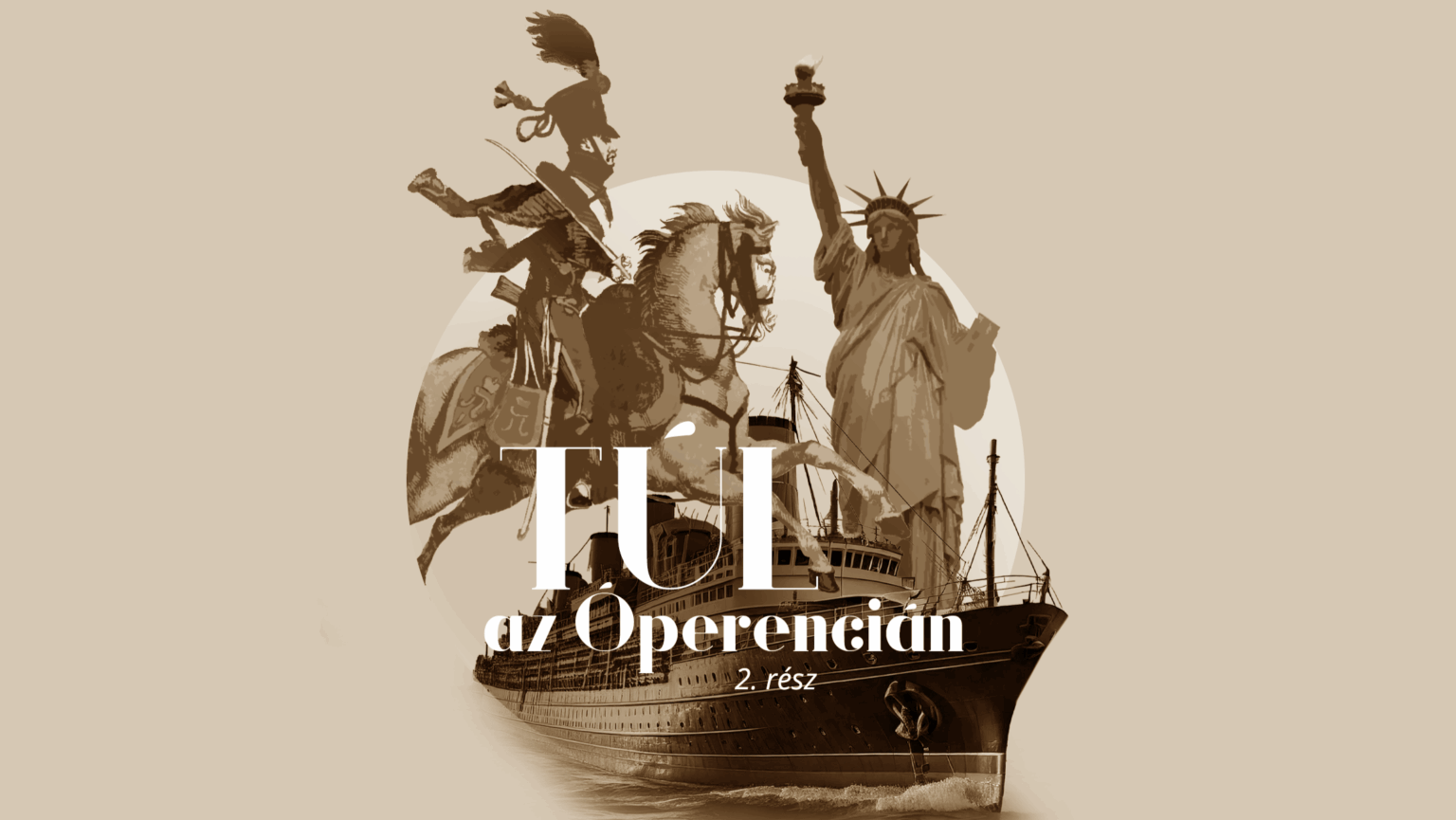
In its ‘Beyond the Óperencia’ series, Magyar Krónika is looking at the meeting points of America and Hungary, and at Hungarians in America, from penniless peasants to political emigrants and soldiers of fortune. In this part, let us look at the story of Mihály Fabriczy Kováts, whose name is even commemorated on a plaque in Charles Town, West Virginia.
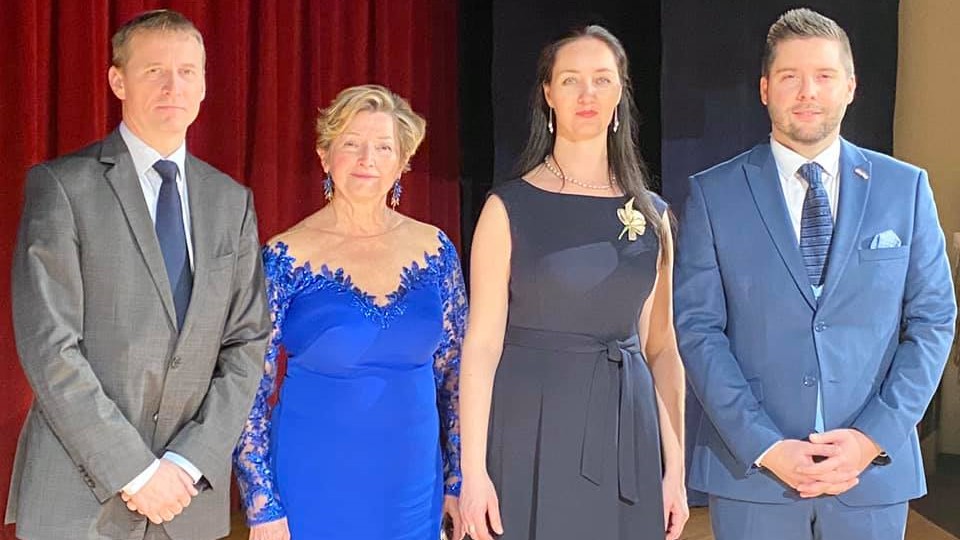
‘I first became vice president in 2001 to better understand how the club operated, then became president in 2002. It wasn’t easy because only men had previously held leadership roles. At first, they didn’t take kindly to a woman joining their ranks—especially since I was significantly younger than them at 50 years old…During my presidency, younger generations began joining us.’
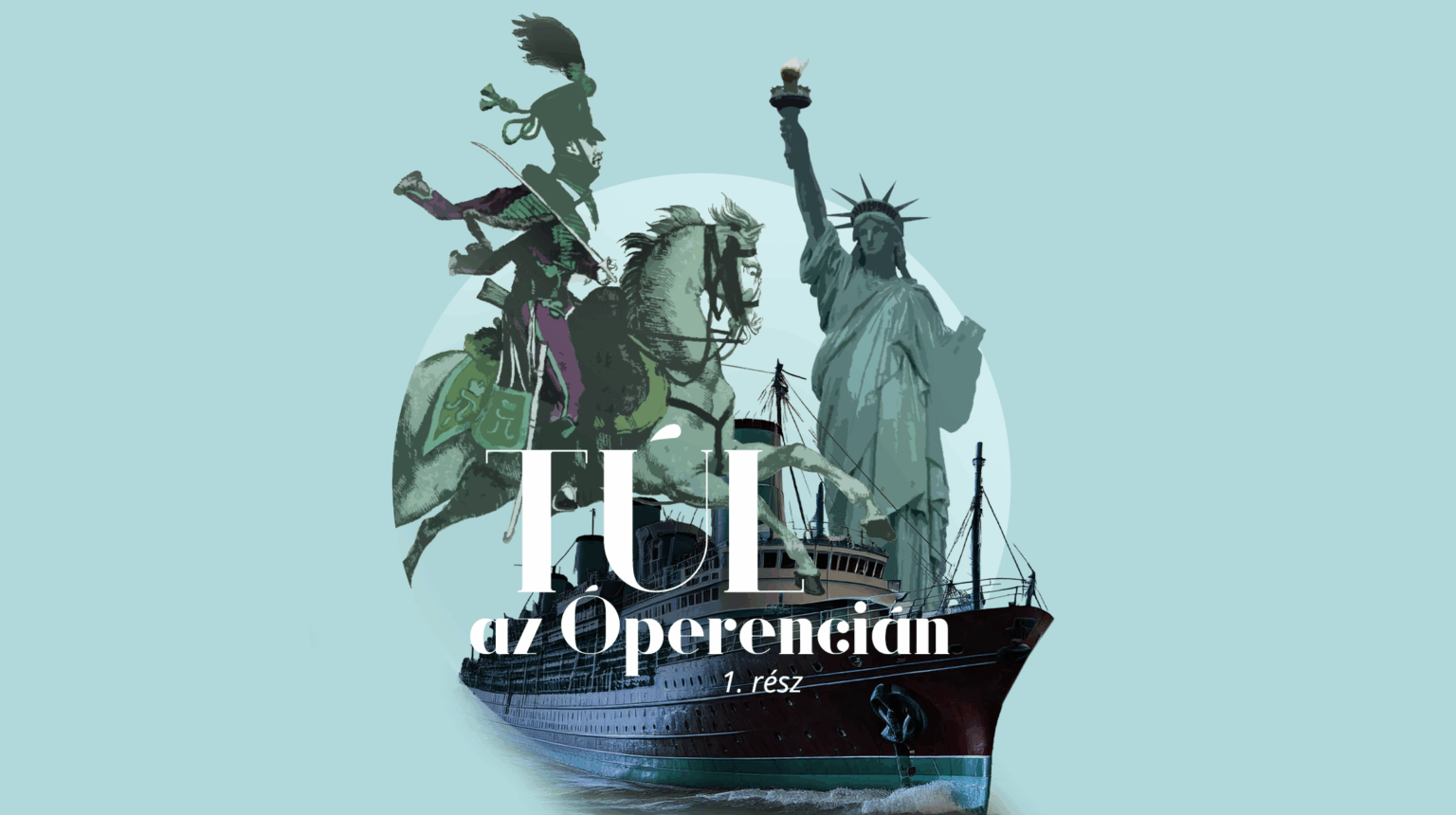
In its ‘Beyond the Óperencia’ series, Magyar Krónika will be looking at the meeting points of America and Hungary, and at Hungarians in America, from penniless peasants to political emigrants and soldiers of fortune. To start with, here is the story of a turn-of-the-century emigrant, whose words help us understand the goals, dreams, and plans with which Hungarians set out for America back in the day.
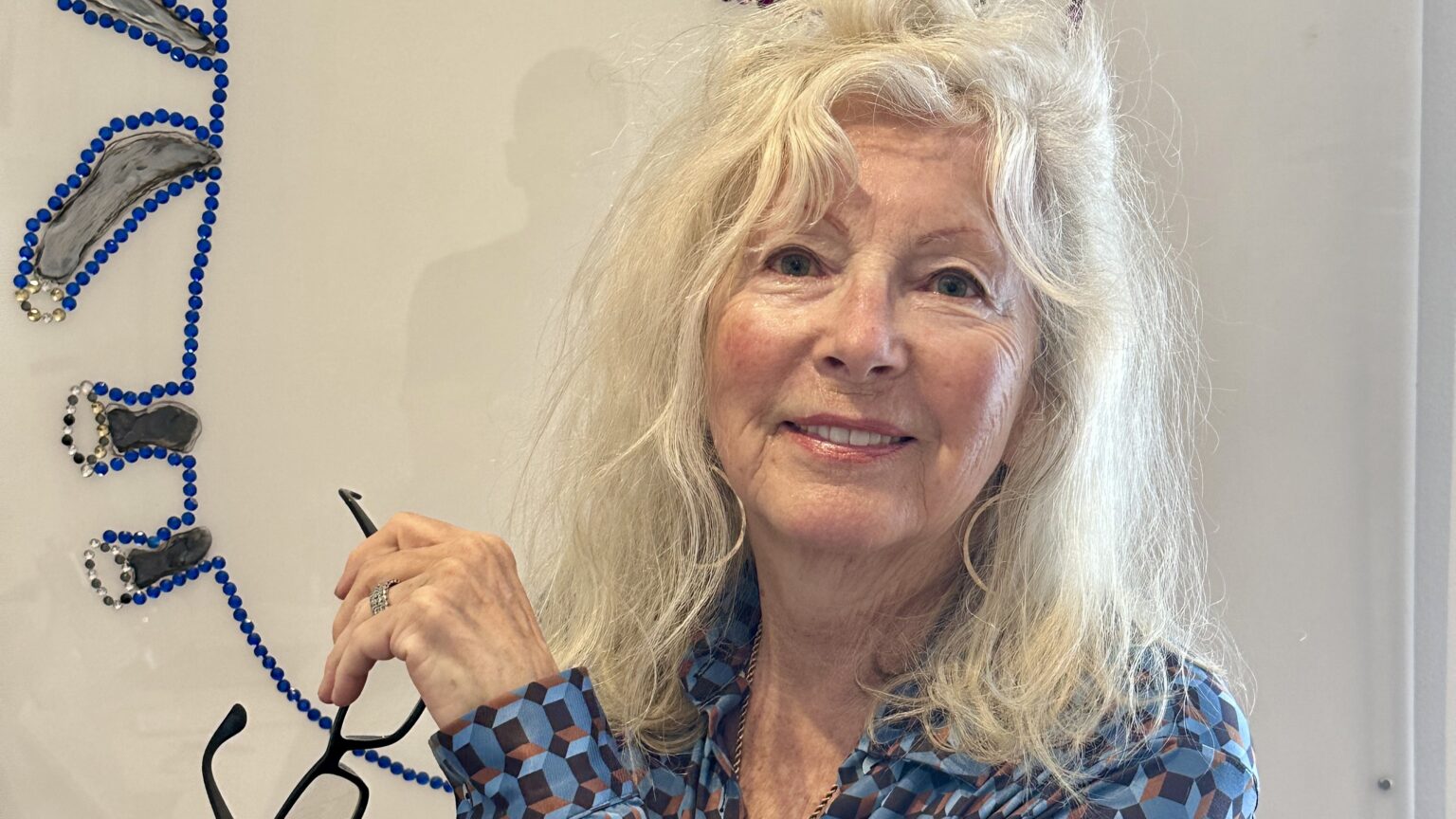
‘There are plenty of [contemporary] artists at home who are prepared and would otherwise fit in with the trend, but as it costs a lot to bring and keep their work here, [they] cannot really be present…they would rather have it in their portfolio that their work was out in New York.’
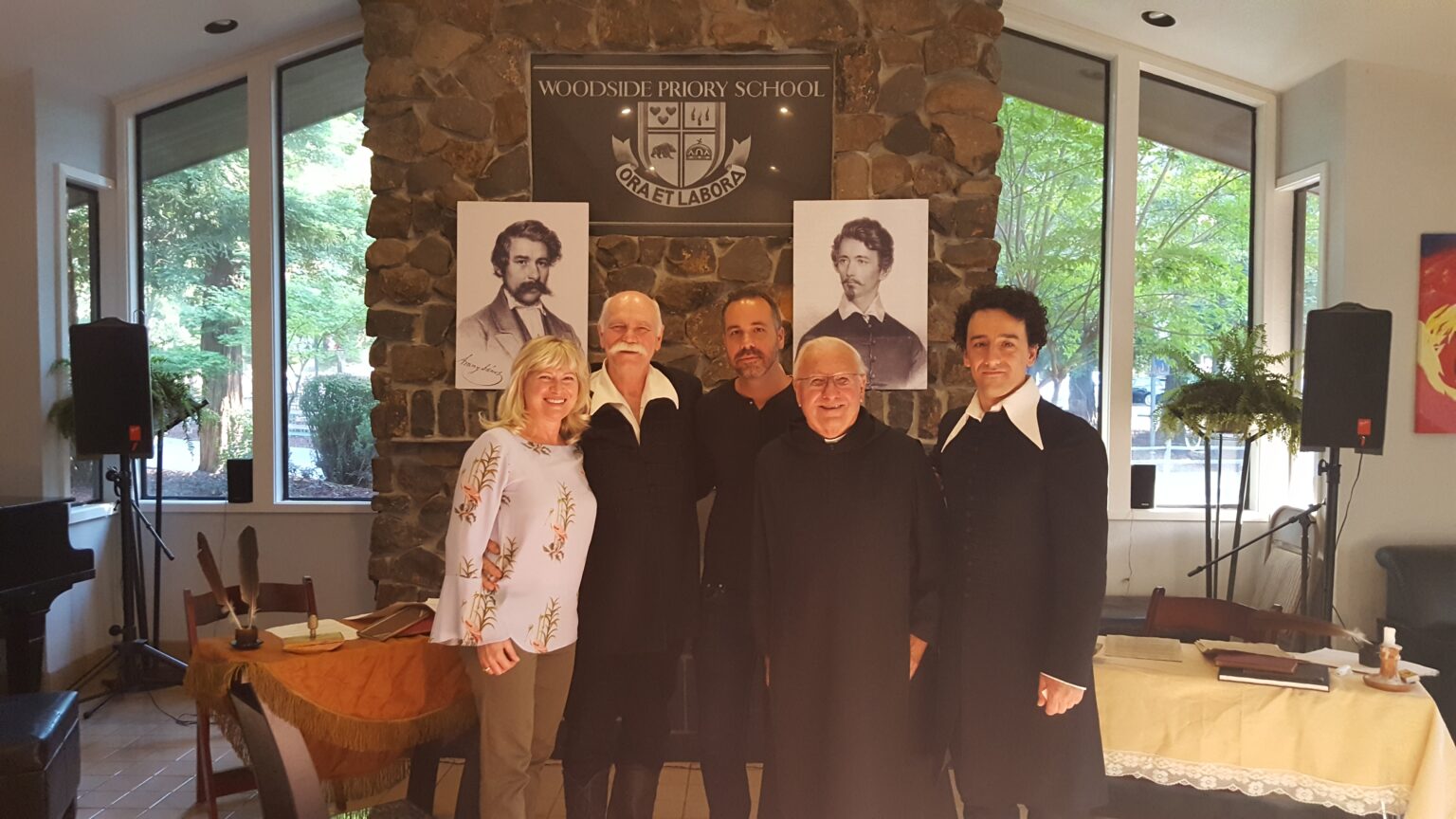
‘When I arrived here as a young woman in my twenties, full of deep Catholic faith and great enthusiasm, Fathers Kristóf Hites, Pius Horváth, Egon Jávor, and József Jaszovszky all embraced and supported me. They gave me wings and helped me fulfill the goals of the Catholic Mission.’

‘It is no surprise, then, that even Peru, a mountainous country far from the Pacific coast, a subject of many tales about the Incas, was also home to Hungarians throughout history. This is not just a tale of curious travels from Central Europe to Latin America, but a history of our relationship to the great migratory waves that have impacted our region…’
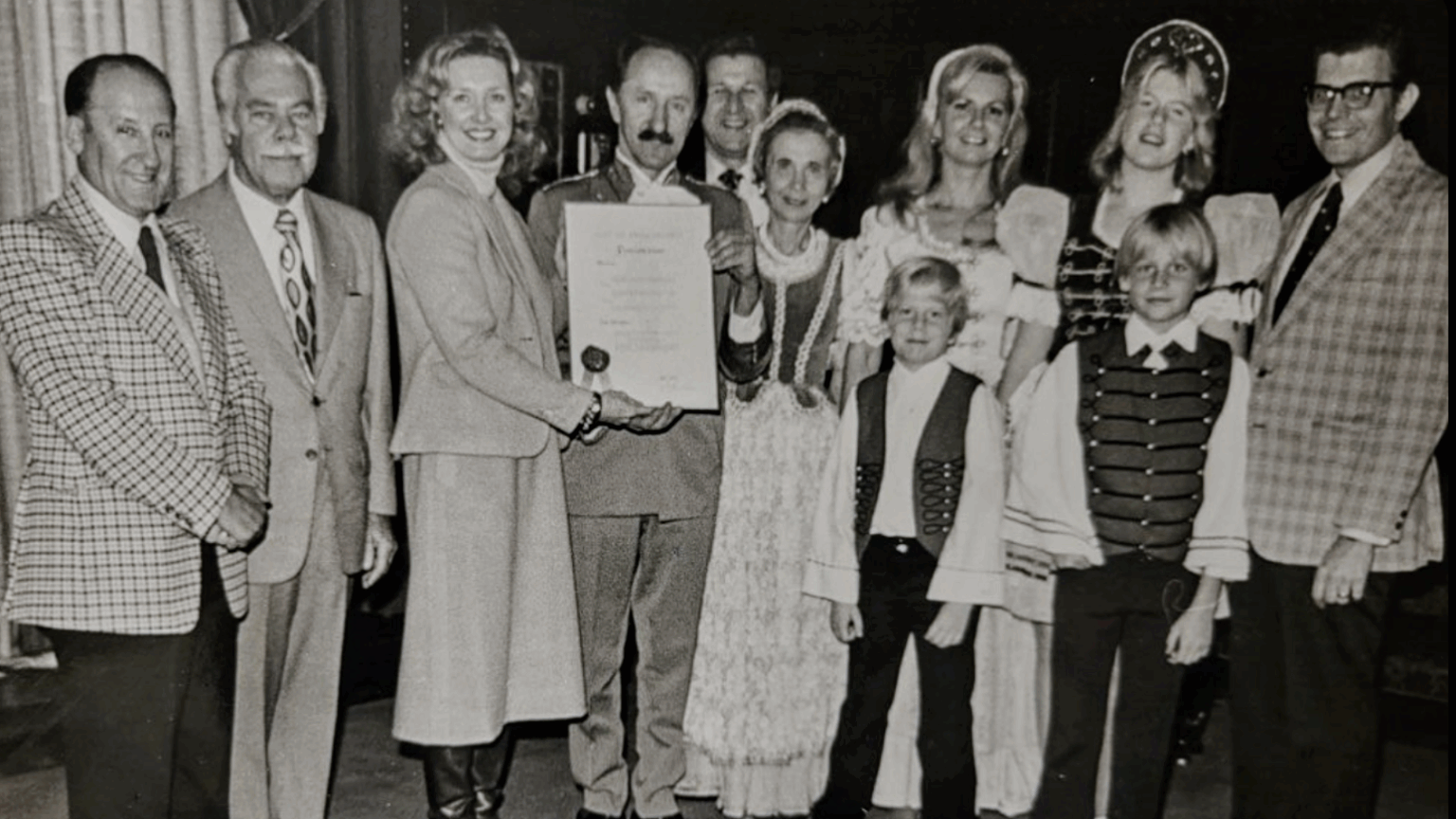
‘I also loved music and singing, but my very busy parents didn’t notice my talent—they only paid attention to my sister’s beautiful voice. Back in Hungary, before we fled, she studied opera singing with a teacher while attending the Szent László High School in Kőbánya, Budapest. I loved listening to her and longed to have a voice like hers…It was only much later that it turned out I did.’